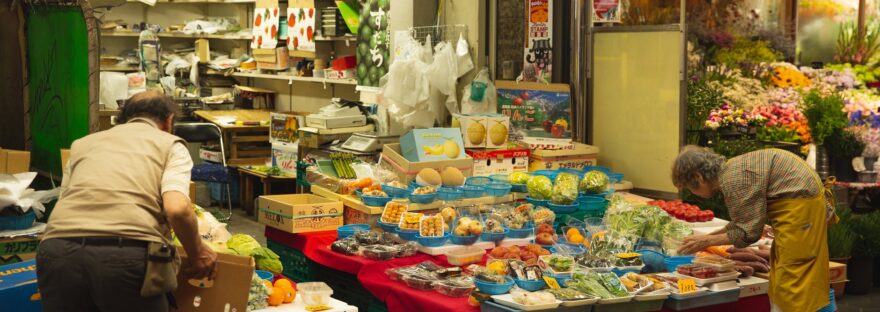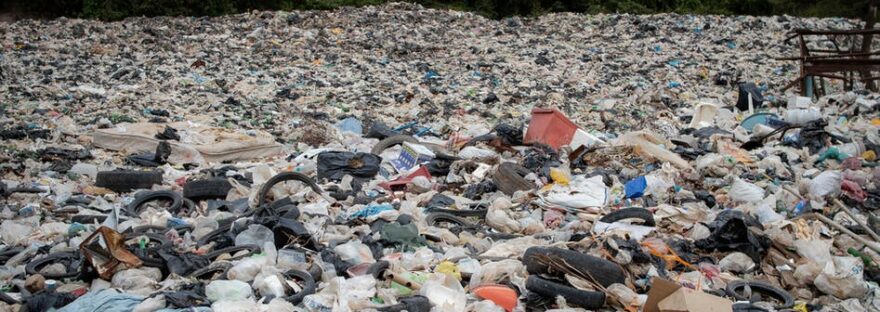Autor: admin
Table Of Contents
hide
3. Station 2 (page 16-19)
a) text: Energy in Canada
exercise 1: Read and prepare the text on page 16
exercise 2: do the exercises 2-4
Some more information on fracking? Watch this clip:
b) vocabulary
c) Grammar: The Present Perfect
- Read on page 164 and copy the text into your exercise book.
- Work on „test yourself“ on page 164
- Now do the exercise 8 on page 19
- Use the link below do have some more practice:
d) a letter of protest on environment
exercise 1: Do the exercise no 7 on page 18.
exercise 2: Now try a letter on your own - page 19, ex. 9
Here are some more helpful words and phrases, if you want to talk, discuss or write about the environment.
And her some tipps about how to write a formal letter in English.
2. Station 1 (page 12-15)
a) text: Team spirit at its best (p.12-13)
exercise 1: Read and prepare the text (note down new words/phrases/sentences and translate them).
exercise 2: Do the tasks 3-5 into your exercise book.
b) vocabulary
exercise 3: First copy the new vocabulary into your vocabulary book and then start learning with quizlet. Use the link below.
c) Grammar (page 14-15): Simple Present versus Present Progressive
exercise 1: Look into your textbook on page 14, read the green box. Can you remember the two tense forms (Simple Present, Present Progressive)?
exercise 2: Have a look on page 163 (Gegenwartszeiten). Read carefully and copy the page into your grammarbook.
exercise 3: Do the "test yourself" on page 163. Work very carefully!
exercise 4: Now do the exercises 7, 8 and 9 on page 14/15.
exercise 5: For more practice use the following link. Remember: Once you have finished one exercise, copy the correct sentences into your exercisebook.
01 Tenses/Zeitformen – 10 mixed Present – Simple versus Progressive
1. Way in (page 10-11)
Table Of Contents
hide
a) Discover Canada – pictures and tasks p. 10/11
b) vocabulary „Way in“
00 Welcome to your English class!
general topic: job interview
general topic: shopping dialogue
general topic: comments and statements
2. wordpower: environment
Now, we are discussing about our environment, about pollution and about climate change. Let’s try to get some helpful vocabulary structured:
| Topic | facts |
|---|---|
| problems to be seen – destruction / change of Nature | melting of the polar ice: weather conditions: – hot and dry summers – rising temparatures – bush fires – huge areas of destroyed forests – dead animals – loss of animal habitats – droughts will cause bad harvests – storms – very cold winters pollution of air: – CO2-emissions – smog – air pollution – too much traffic pollution of water: deforestation of the rainforest: – fire clearance of the rainforest – |
| consequences | loss of animal habitats: – some animal species will get extinct loss of quality of life: – spread of diseases natural disasters: – sea level rises, floods |
| reasons | natural reasaons: human influences: – use of traditional energy: nuclear, oil, gas, coal |
| alternatives – what can be done? | awareness: – education – campeigns alternative behaviour: – use green / renewable energies: solar, water, wind – use less plastic – eat less meat and dairy products – save ressources – fly less – use bike or public transport instead of cars, trains, planes etc. – don’t use your car so often politics: |
exercise 1: Copy the vocabulary above.
exercise 2: Do this worksheet (2 pages): https://en.islcollective.com/english-esl-worksheets/vocabulary/environment/environment-vocabulary-practice/80587
1. wordpower: describing pictures
1) general description
Wh-Questions: What, When, Where, Who, (How)?
- It’s a photo / a picture / a painting / a drawing
- It is colored / black and white
- In the picture I can see…
- The picture shows…
- The title of this picture is
- There is…/
- There are…
- It is in/at
- I see…
- This photo was taken by/in…
2) detailed description
Talk about the different areas of the pictures as detailed as possible, but only name the important bits.
- In the upper left-hand corner there are
- At the top there is
- In the upper right-hand corner there is
- On the left …
- On the right …
- In the middle …
- In the bottom left-hand corner …
- In the bottom right hand corner …
- At the bottom …
- In the foreground …
- In the background …
- Out of focus …
- In focus …
3) What are the people doing?
What are the people wearing? What are they doing? Use the Simple Progressive-Form.
- She is wearing…
- They are wearing…
- The person looks happy/sad/young/old…
- The is eating…
- The person is thinking about…
4) What’s your opinion about the picture?
- I don’t like the picture because
- I like picture because…





